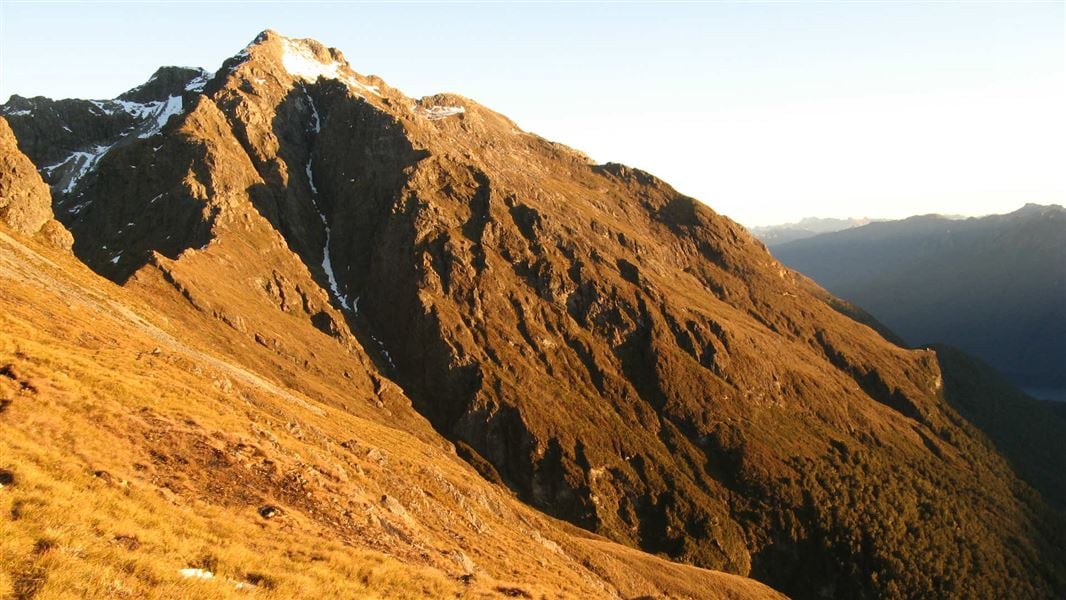
In a statement today, police said the Belgian man had separated from his party while crossing the Dore Pass, in the Milford area, on Wednesday.
He had deviated from his plan, and efforts by his party to reunite with him on Saturday were unsuccessful.
The Department of Conservation (Doc) says Dore Pass is a challenging tramping route, which leads from the Milford Road to Glade House on the Milford Track.
Two teams of seven from Southland and Fiordland Land Search and Rescue groups began looking for the man yesterday morning, aided by Southern Lakes Helicopters and a local boat charter company.
The man was found at Clinton Hut yesterday and taken to Te Anau Medical Centre for a minor knee injury.
Sergeant Alun Griffiths said the man was "extremely lucky", as he was not prepared for this type of walk in the bush.
“Dore Pass is a challenging route that requires route finding skills, river crossing and alpine experience.
“Attempting this type of activity in street shoes, limited suitable gear and no means of emergency communication does not end well, and this man is extremely lucky the outcome was not worse."
Sgt Griffiths said it was important that people note their intentions in hut books, tell others of their route - and stick to that plan.
“These basic precautions are designed to keep you safe and are vital if the weather should deteriorate or you are injured."
Nature can be unforgiving and the consequences of heading into the bush unprepared may be fatal, so it was essential to be prepared before setting off on a walk, he said.
Doc's website advises that early winter conditions are affecting the Dore Pass, with ice forming on shaded slopes and rock slabs.
"Be prepared for icy conditions or turning back."
Tips for hiking in an alpine environment
• Before you go for a tramp or walk in the great outdoors let family and/or friends know where you’re going, and when to expect you back.
• Use the Mountain Safety Council’s free planning app Plan My Walk to leave your intentions. Alternatively, leave a date and time to raise the alarm if you haven't returned using the Outdoors Intentions form.
• Have an emergency locator beacon, which can be purchased from outdoor stores or hired from your closest Department of Conservation centre.
• Take weather forecasts seriously; getting it wrong in an alpine environment can be deadly.
• Research the area and know what you're getting yourself into.
• Have the correct clothing for the environment you're in.













